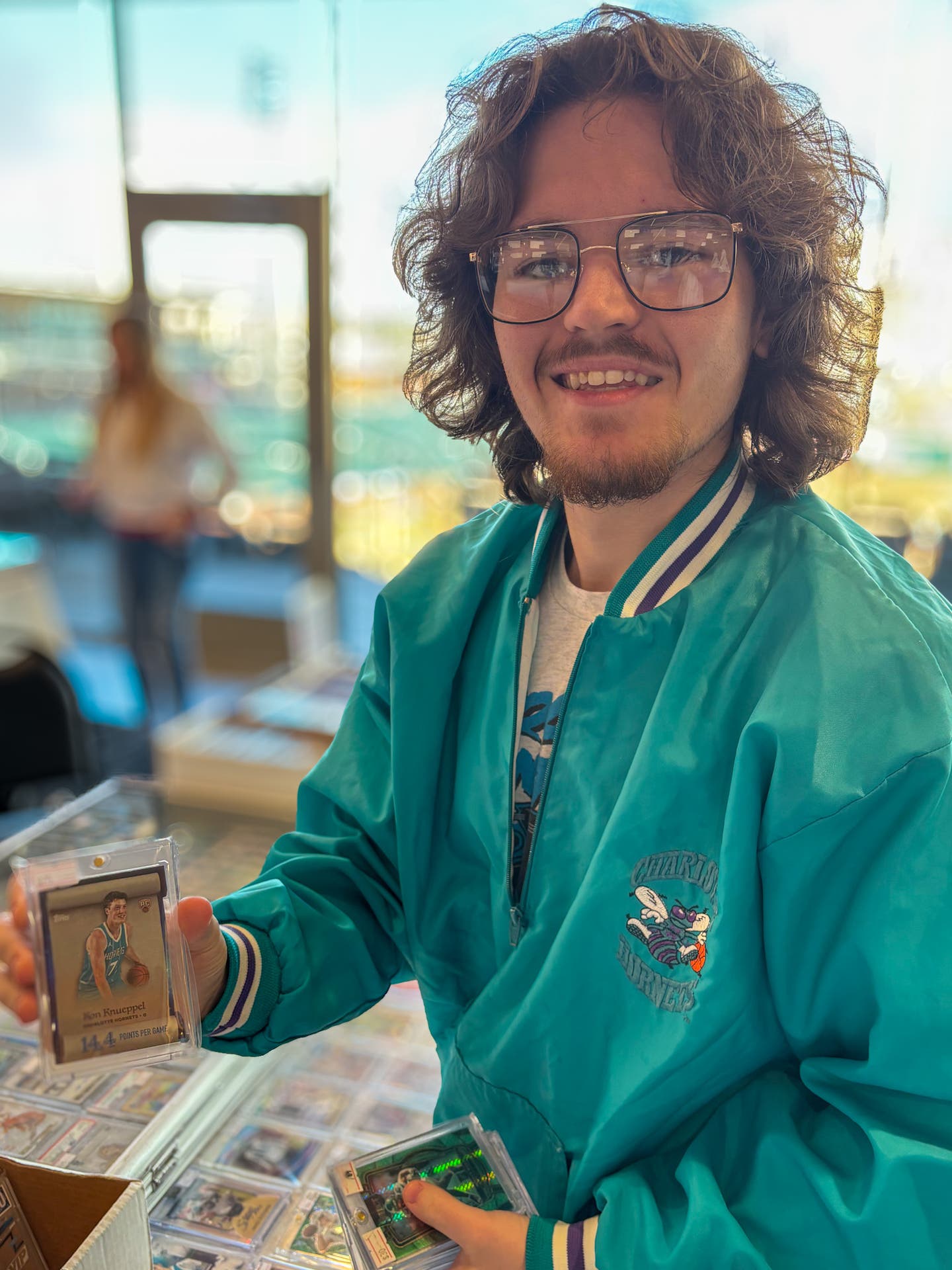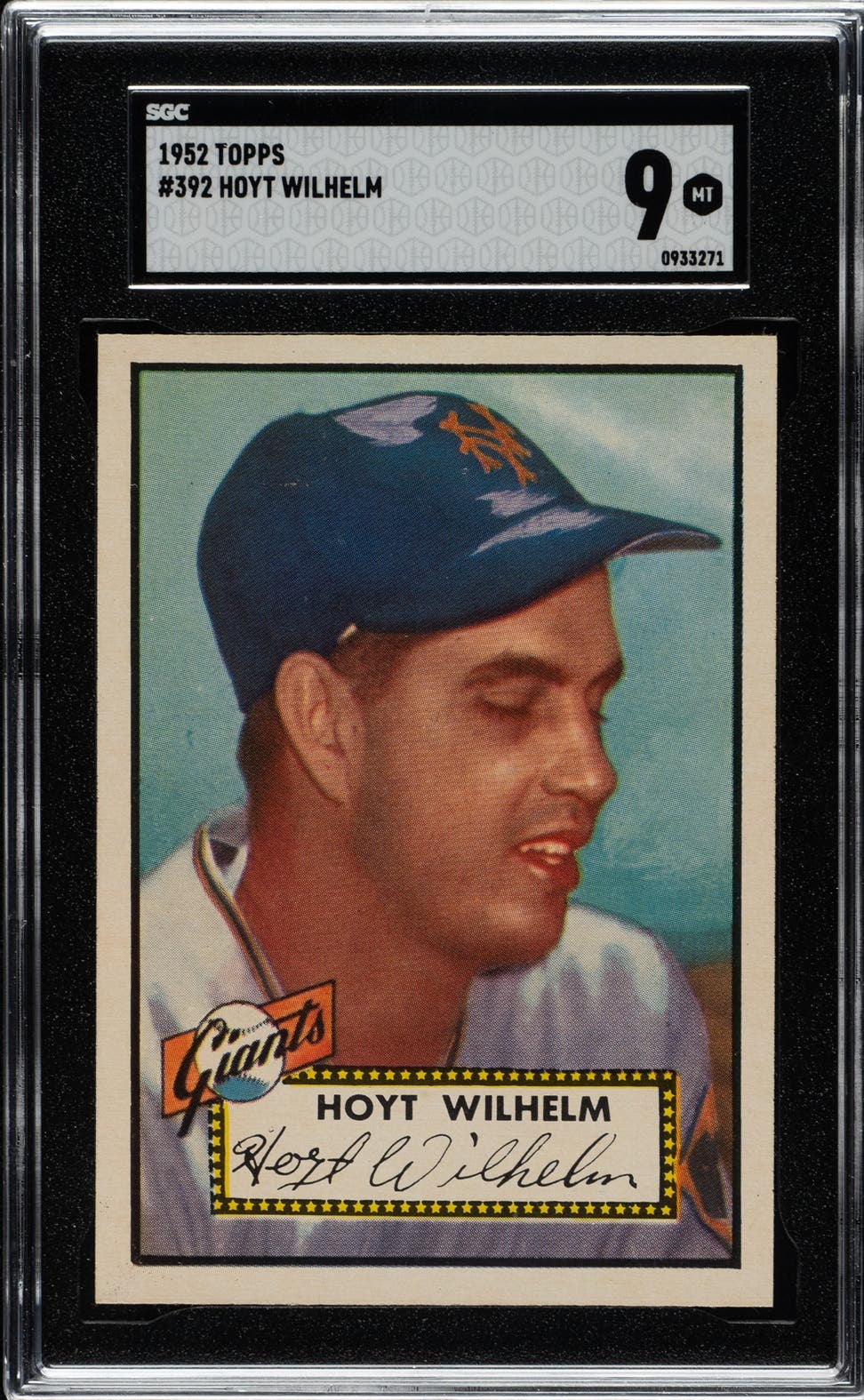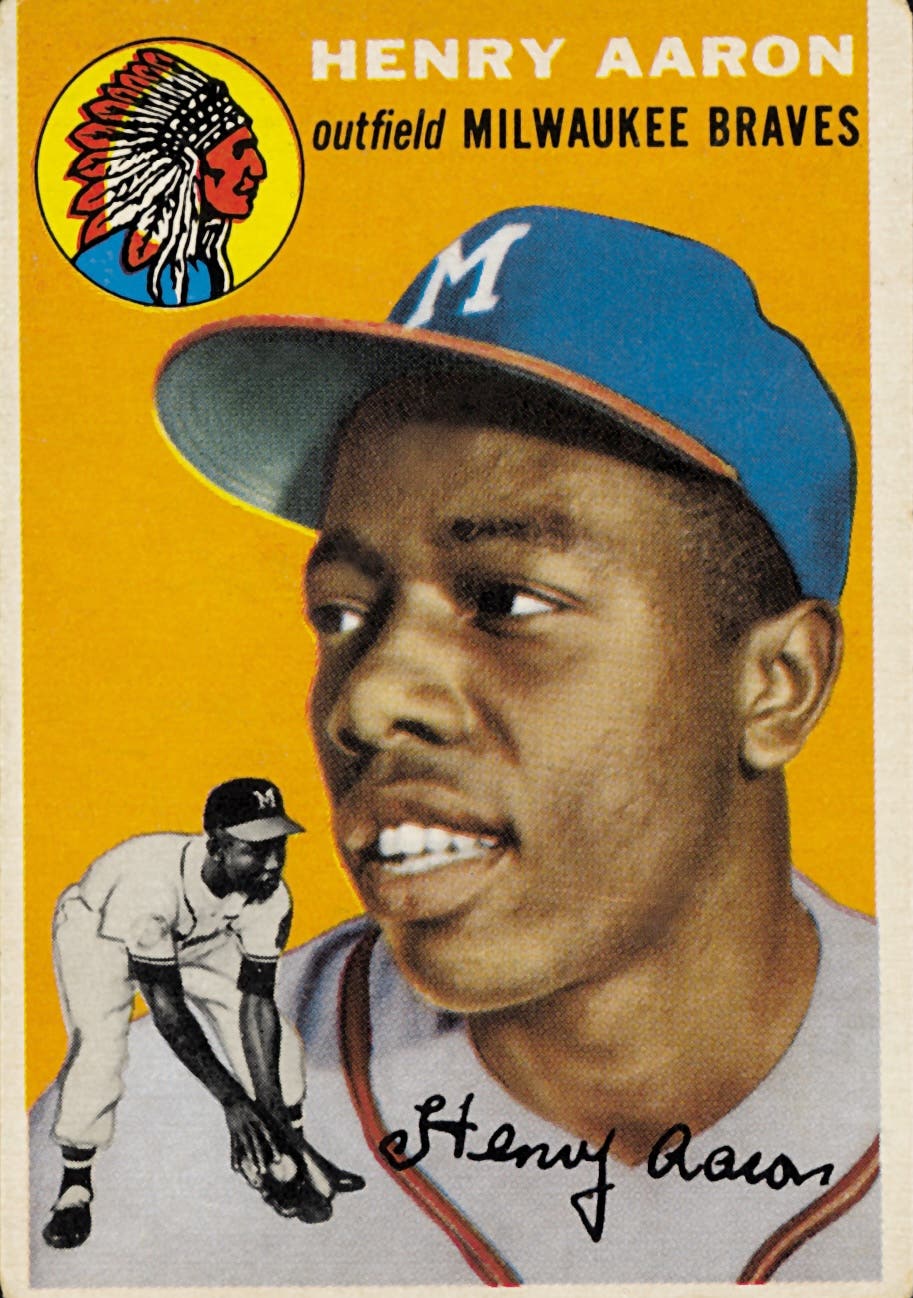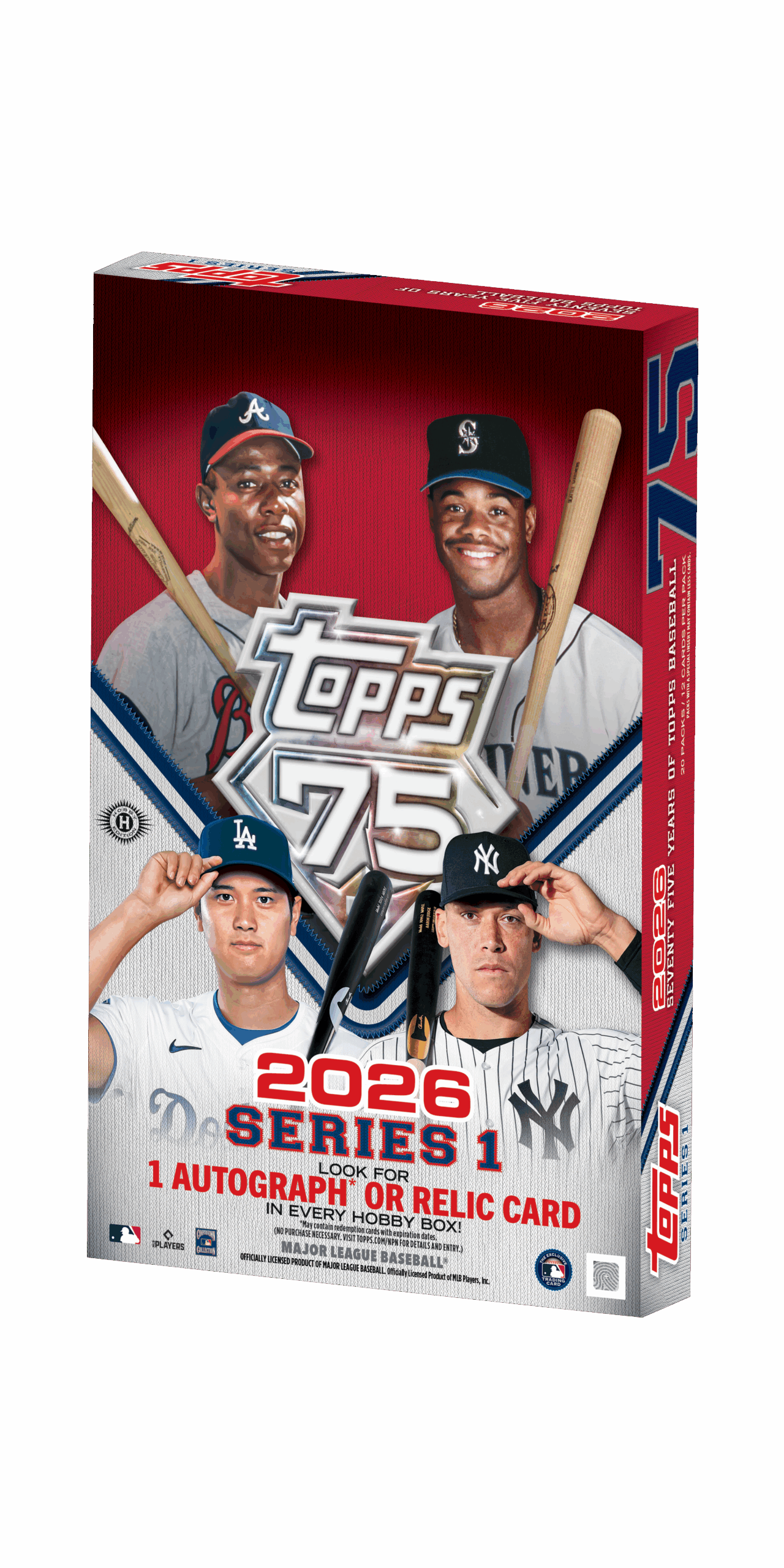News
SCD Exclusive: An Interview With Wally Backman
By Paul Post
Wally Backman has all kinds of memorabilia from his 14-year major league career. “Most of the stuff I collected is all from the players I played with – bats and balls, things like that; teammates mostly,” he said.
When it comes to highlights, however, the former Mets second baseman has no trouble choosing his favorite piece of hardware.
“When we won the World Series, I bought two of the World Series trophies. I gave one to Mom and Dad, and I kept one. Every time I look at that in my den it brings back memories,” he said.
The 1986 Mets were one of the 20th century’s best teams, and their dramatic World Series championship is the stuff of baseball lore. Hollywood’s best screenwriters couldn’t have done a better job creating the fantastic real-life script that unfolded in Game 6.
With the Mets two runs down and facing elimination, Backman led off the 10th inning and trotted back to the dugout after recording the first out.
“The only thing that kept going through my mind was, I really felt that was the worst six games in a row we had played all season,” he said.
When Keith Hernandez hit a fly-out to center, the Mets’ season appeared over.
“I can even remember them congratulating the Red Sox on the big DiamondVision board,” Backman said.
Then the unbelievable happened. Hits by Gary Carter, Kevin Mitchell and Ray Knight produced one run, and with Mookie Wilson at the plate, Mitchell raced home to tie the score on a wild pitch.
“Then, when Mookie’s ground ball went through (Bill) Buckner’s legs, it was such a low to such a high. I never realized how high that high was until days later, until I watched it on TV,” Backman said. “It was an amazing thing.”
Two nights later, after a day of rain, the Mets fulfilled their destiny by winning Game 7, coming back once again after falling behind 3-0 in the second inning.
“I don’t think there was any doubt in our minds about winning,” Backman said. “It wouldn’t have mattered if we had fallen behind by six or seven runs. If we had been able to play that next day, we might have scored 15 runs.”
Backman is now manager of the Mets’ Triple-A franchise, the Las Vegas 51s, which moved there from Buffalo after the 2012 campaign. Last year, he guided the team to the Pacific Coast League’s Pacific South Division title with an 81-63 record.
He first began thinking about becoming a big-league skipper toward the end of his playing career, and he got his feet wet with an independent team, the Catskill Cougars, in 1997.
In November 2004, after being named Sporting News “Minor League Manager of the Year,” the Arizona Diamondbacks gave Backman its major league managerial job for 2005. However, it was short-lived, as he was let go only a few days later when personal legal and financial problems came to light.
It was a tough setback, but Backman wasn’t about to give up. Starting over again, he returned to independent baseball, and in 2010, he began making his way up the Mets’ managerial ladder at Class A Brooklyn in the NY-Penn League.
He quickly earned a promotion to Double-A Binghamton and then Buffalo.
Backman played for some of the game’s best mentors – Joe Torre, Davey Johnson, Jim Leyland, Jim Fregosi and Lou Piniella.
“You take bits and pieces from different managers and just mold those things around whoever you are,” he said.
This will be his third year at the Triple-A level, one step from realizing his ultimate goal of managing in the big leagues.
“I think I’m prepared to manage now,” Backman said. “The one thing is, you have 25 players, you have 25 different personalities. You have to try to connect with all of them. Even as a player you don’t like everybody you play with, and as a manager, you may have some disagreements with players who play for you. You still have to respect each one of those individuals in different ways. That’s really the hardest part of the game.”
It’s also the kind of challenge he likes best.
“There’s still a human element to the game,” Backman said. “That’s what makes baseball so great.”
Although he’s from Oregon, 3,000 miles from New York, the Mets are the first team he remembers rooting for.
“I grew up in the Northwest, so there really wasn’t anyone else,” he said. “I was 10 years old when the Mets won the World Series in 1969. That’s the team I was rooting for. It’s kind of funny that that’s who ended up drafting me.”
The Mets made Backman its No. 1 pick in 1977 (16th overall). His first assignment was to Little Falls, N.Y., where the Mets’ NY-Penn League affiliate was previously located, in the Mohawk Valley.
Three years later he made his major league debut, proving through sheer will and hard work that little guys can excel in a game that’s increasingly dominated by bigger, faster athletes.
“Size is not a factor in baseball,” Backman said. “For the young guys and the smaller guys, it’s all about determination.”
At 5-foot-9, he fought for everything he got, the epitome of old-school baseball, a guy who grew up trying to be like Pete Rose – on the field.
Backman still remembers their first encounter.
“I think it was when I laid down a bunt and dove into first base leading off a game in Cincinnati,” he said. “Pete was playing first base, and I was 20 years old. He said to me:
‘That’s the way you play the game, kid.’ ”
So it’s no surprise that Backman isn’t overly thrilled with the direction baseball is headed. Recent rules changes prohibit collisions at home plate, and allow umpires to rely more heavily on video replay to decide close or controversial calls.
During 14 big league seasons, he ran into more than his fair share of catchers – all 160 pounds of him, sometimes taking the worst of it.
“We’re going to have to teach catchers different things now,” he said. “I’m not for that. Throughout the course of a season I think that contact at home plate is going to happen no matter what. There’s no way to get around that.”
The new rule affects third base coaching decisions, too.
“As a manager and coach I’ve sent guys home knowing there was going to be a collision,” Backman said. “It’s going to change the way that you have to do some things.”
He’s just as concerned, perhaps even more, about the increased role of replays.
Several years ago, Backman had one of the most animated managerial meltdowns in baseball history after getting tossed from a game. Billy Martin and Earl Weaver’s worst antics pale by comparison. Following a verbal tirade, Backman sent bats and balls flying as he stormed off the field.
But mistakes – even an umpire’s blown call – are part of the game, he said.
As a player, Backman had a few funny bloopers of his own that he’ll never forget.
“One time, in San Francisco, I went out for a pop fly behind second base, the ball was in the sun and I never saw it come down. It came out of the sun and hit me right square in the head. That was embarrassing,” he said.
“Another time, also in San Francisco, Matt Williams was hitting. I was with Pittsburgh at the time, playing third base. Jim Leyland kept bringing the infield in and I kept thinking:
‘Wait a minute. This guy hits the ball pretty hard.’
“He hit a ball that hit me in the cup. I never even flinched. It broke my cup right in half. They were all laughing on the bench. I didn’t think it was funny at the time,” Backman said, smiling.
Paul Post is a frequent contributor to SCD. He can be reached at paulpost@nycap.rr.com.








